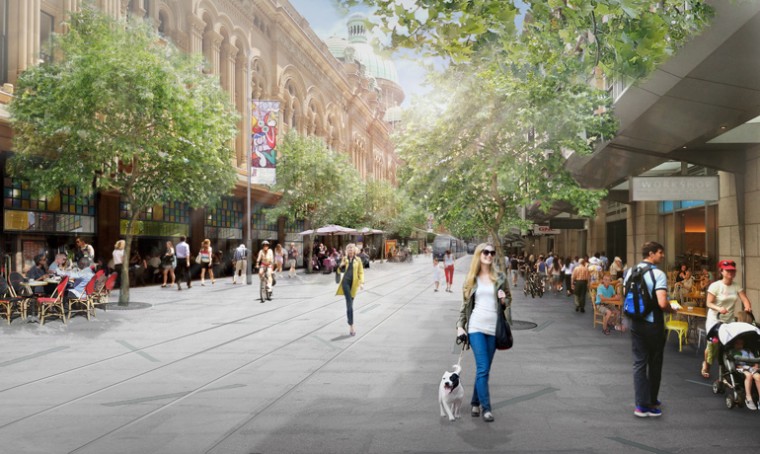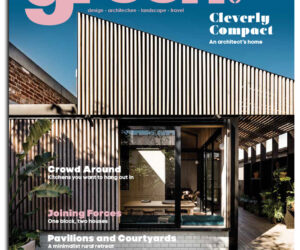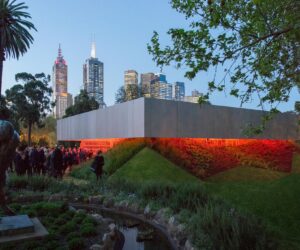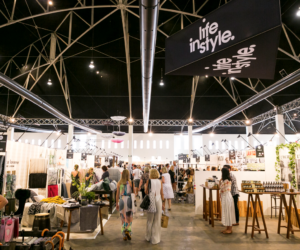Resilient Melbourne Citymart Challenge
Melbourne is a proud participant in the initiative ‘100 Resilience Cities – Pioneered by the Rockefeller Foundation’ (100RC).
Through this collaboration, Resilient Melbourne is working with Citymart, a 100RC Platform Partner, to explore solutions to one of Melbourne’s chronic stresses – increasing transport congestion and travel times, along with associated negative social impacts.
Melbourne boasts a robust selection of transport types, with viable options for train, tram, bike, and car travel. However, as accelerated growth outpaces transport infrastructure, congestion and overcrowding are often the result.
While a number of major public transport and road projects underway or commencing shortly (including the Footscray ‘veloway’, Metro Rail Tunnel, removal of level crossings, and the Western Distributor) will ultimately improve connectivity across greater Melbourne, the work is likely to increase disruption for several years during construction.
Long travel times can mean that people who would spend time being active in their local communities are no longer able to do so, and research by the Grattan Institute, among others, highlights that increased time spent commuting in cars is having profound social impacts on communities, including stress and loneliness, and, at its most extreme, can contribute to alcoholism and family violence.
Even before accounting for the costs of such social outcomes, the Bureau of Transport Economics estimates that transport delays across greater Melbourne cost the community around $2.7 billion per year in additional travel time and resource use. By 2031, it is estimated that the cost of transport congestion and associated delays will hit $9 billion per annum.
For a better understanding of a range of local congestion issues, please see Infrastructure Victoria’s discussion document on road pricing, The Road Ahead. Section 4 is particularly relevant.
Looking to the future, cities around the world are preparing to face accelerated changes in how people travel. Open data driven apps connect us to real time travel information, car sharing and city bike programs are common place, autonomous vehicles are already being tested on city streets, the hyperloop is moving into prototyping.
In response to this Resilient Melbourne is calling out for transformational ideas on ways to reduce Melbourne’s transport congestion and encourage positive social connections.
If you have an idea, solution, or product that could help transform travel for metropolitan Melbourne, visit the Challenge site.



